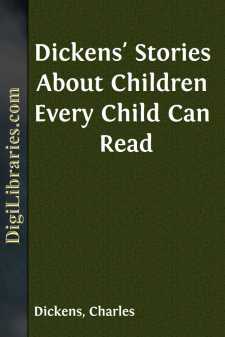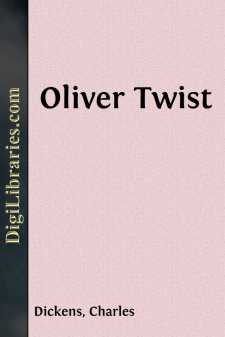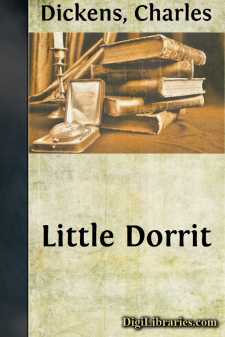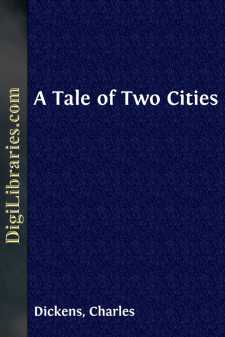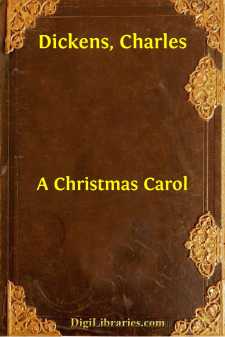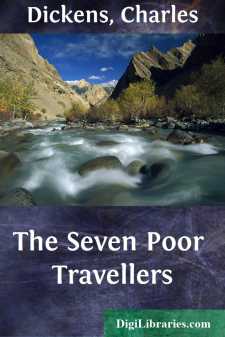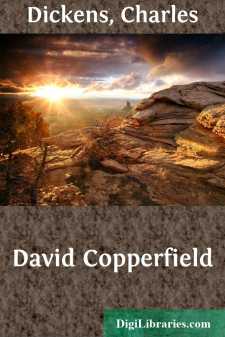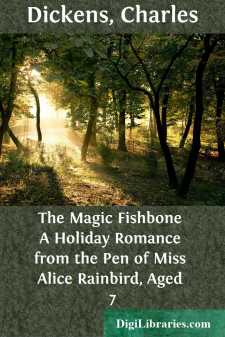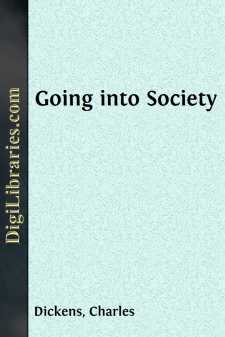Categories
- Antiques & Collectibles 13
- Architecture 36
- Art 48
- Bibles 22
- Biography & Autobiography 816
- Body, Mind & Spirit 145
- Business & Economics 28
- Children's Books 18
- Children's Fiction 14
- Computers 4
- Cooking 94
- Crafts & Hobbies 4
- Drama 346
- Education 58
- Family & Relationships 59
- Fiction 11831
- Foreign Language Study 3
- Games 19
- Gardening 17
- Health & Fitness 34
- History 1378
- House & Home 1
- Humor 147
- Juvenile Fiction 1873
- Juvenile Nonfiction 202
- Language Arts & Disciplines 89
- Law 16
- Literary Collections 686
- Literary Criticism 179
- Mathematics 13
- Medical 41
- Music 40
- Nature 179
- Non-Classifiable 1768
- Performing Arts 7
- Periodicals 1453
- Philosophy 66
- Photography 2
- Poetry 897
- Political Science 203
- Psychology 45
- Reference 154
- Religion 516
- Science 126
- Self-Help 86
- Social Science 82
- Sports & Recreation 34
- Study Aids 3
- Technology & Engineering 59
- Transportation 23
- Travel 463
- True Crime 29
Our website is made possible by displaying online advertisements to our visitors.
Please consider supporting us by disabling your ad blocker.
Dickens' Stories About Children Every Child Can Read
by: Charles Dickens
Description:
Excerpt
TROTTY VECK AND HIS DAUGHTER MEG.
"TROTTY" seems a strange name for an old man, but it was given to Toby Veck because of his always going at a trot to do his errands; for he was a ticket porter or messenger and his office was to take letters and messages for people who were in too great a hurry to send them by post, which in those days was neither so cheap nor so quick as it is now. He did not earn very much, and had to be out in all weathers and all day long. But Toby was of a cheerful disposition, and looked on the bright side of everything, and was grateful for any small mercies that came in his way; and so was happier than many people who never knew what it is to be hungry or in want of comforts. His greatest joy was his dear, bright, pretty daughter Meg, who loved him dearly.One cold day, near the end of the year, Toby had been waiting a long time for a job, trotting up and down in his usual place before the church, and trying hard to keep himself warm, when the bells chimed twelve o'clock, which made Toby think of dinner.
"There's nothing," he remarked, carefully feeling his nose to make sure it was still there, "more regular in coming round than dinner-time, and nothing less regular in coming round than dinner. That's the great difference between 'em." He went on talking to himself, trotting up and down, and never noticing who was coming near to him.
"Why, father, father," said a pleasant voice, and Toby turned to find his daughter's sweet, bright eyes close to his.
"Why, pet," said he, kissing her and squeezing her blooming face between his hands, "what's to-do? I didn't expect you to-day, Meg."
"Neither did I expect to come, father," said Meg, nodding and smiling. "But here I am! And not alone, not alone!"
"Why you don't mean to say," observed Trotty, looking curiously at the covered basket she carried, "that you——"
"Smell it, father dear," said Meg. "Only smell it!"
Trotty was going to lift up the cover at once, in a great hurry, when she gaily interposed her hand.
"No, no, no," said Meg, with the glee of a child. "Lengthen it out a little. Let me just lift up the corner; just a lit-tle, ti-ny cor-ner, you know," said Meg, suiting the action to the word with the utmost gentleness, and speaking very softly, as if she were afraid of being overheard by something inside the basket. "There, now; what's that?"
Toby took the shortest possible sniff at the edge of the basket, and cried out in rapture:
"Why, it's hot," he said.
But to Meg's great delight he could not guess what it was that smelt so good.
"Polonies? Trotters? Liver? Pigs' feet? Sausages?" he tried one after the other. At last he exclaimed in triumph. "Why, what am I a-thinking of? It's tripe."
And it was.
"And so," said Meg, "I'll lay the cloth at once, father; for I have brought the tripe in a basin, and tied the basin up in a pocket-handkerchief; and if I like to be proud for once, and spread that for a cloth, and call it a cloth, there's nobody to prevent me, is there father?"
"Not that I know of, my dear," said Toby; "but they're always a-bringing up some new law or other."
"And according to what I was reading you in the paper the other day, father, what the judge said, you know, we poor people are supposed to know them all....


